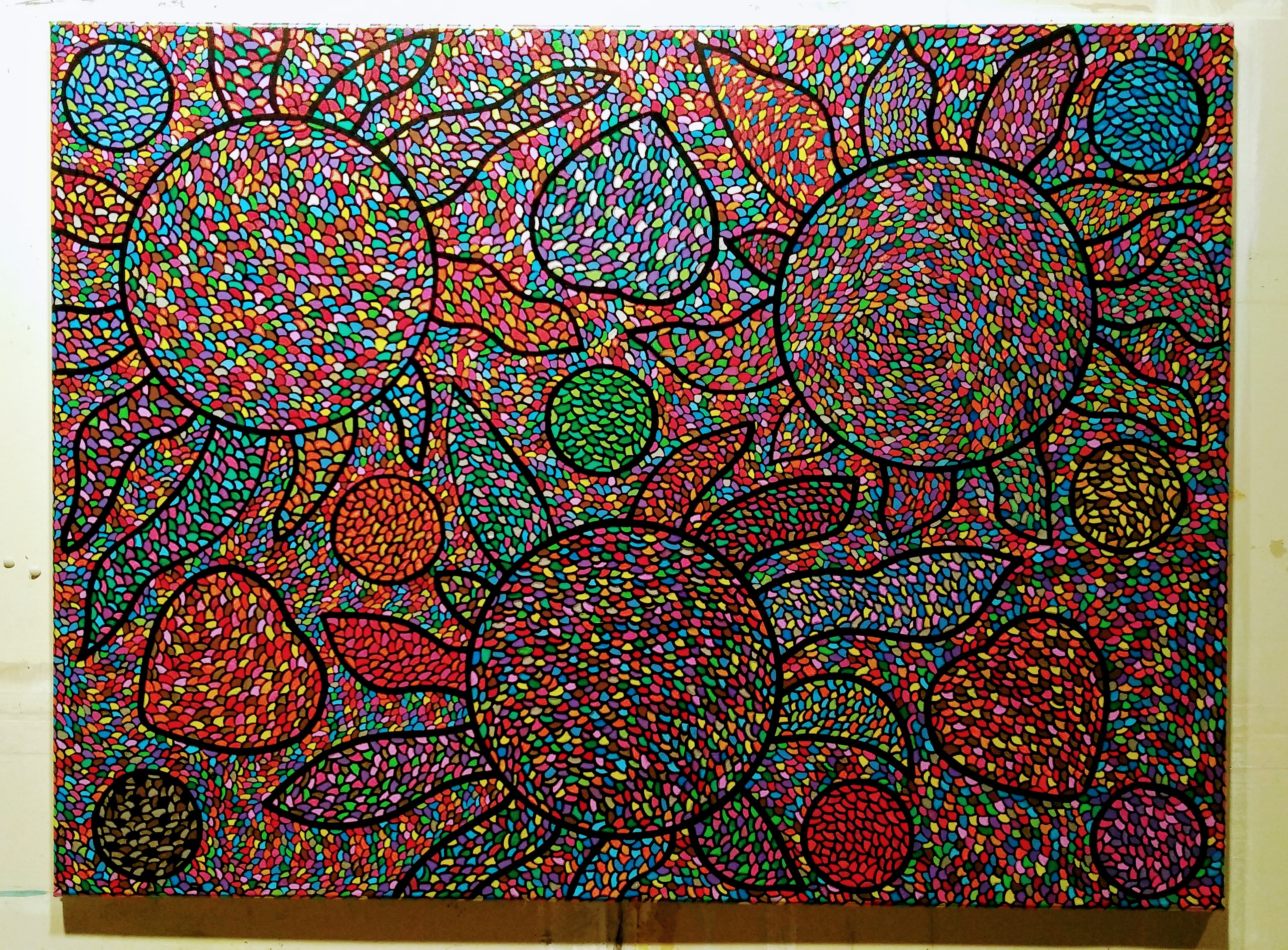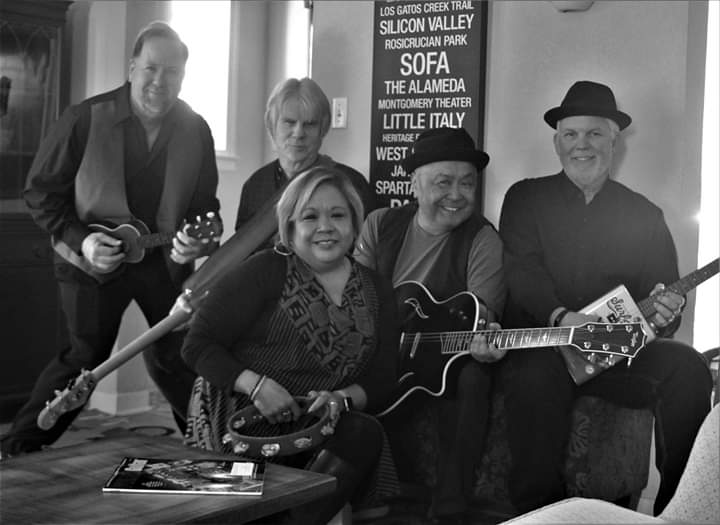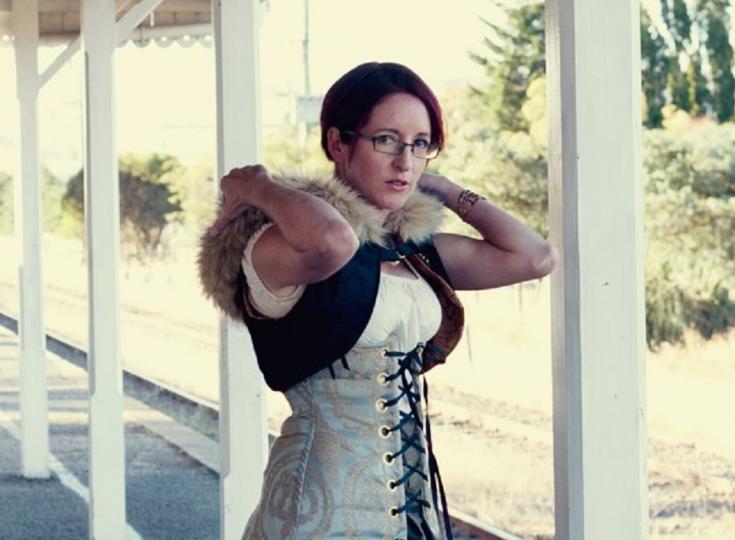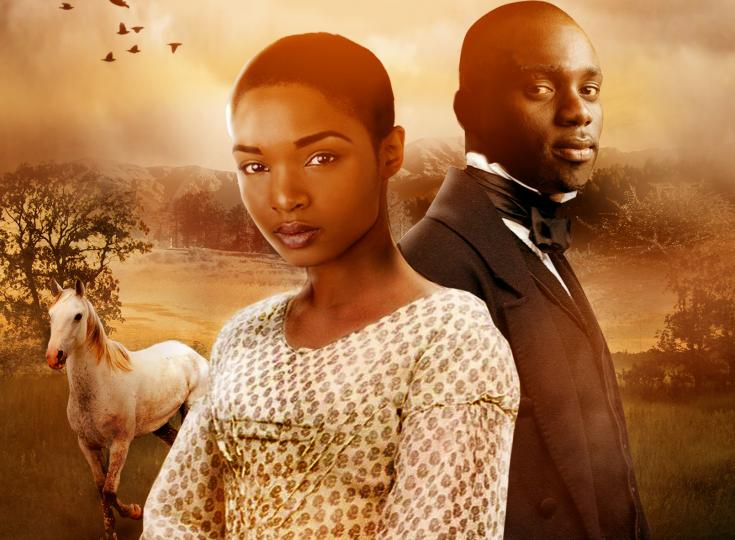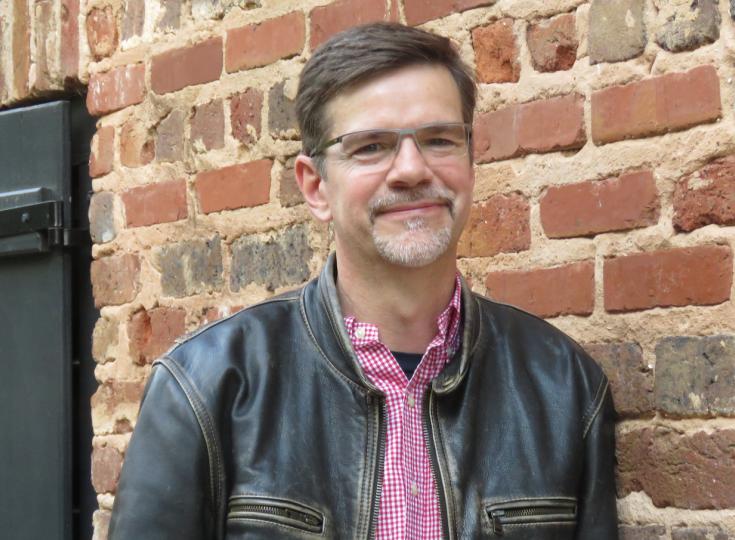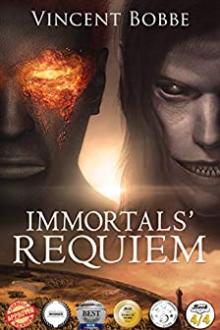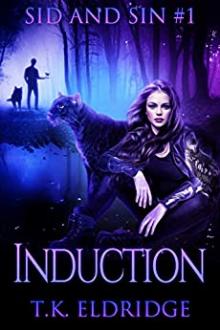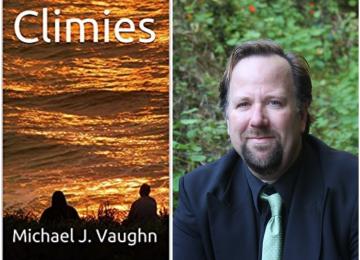by Michael J. Vaughn
Michael J. Vaughn’s EAST OF THE COOKIE TREE, written with jauntiness and immediacy, presents us with a dizzying array of responses. What at first glance appears a carefree road trip in which Daniel Maryland, a professional actor, wending his way from San Francisco down to two weddings, one in Gilroy, California and another in Malibu where he is tasked to serve as the officiant for longtime friends, unfolds to become a multi-faceted odyssey deftly calibrated to ignite and captivate the interest of every reader. We are treated to a beguiling cast of characters, most notably the adorable and intermittently manic 19 year-old runaway/stoway, Gina Candiotti, who harbors a horrifying familial secret, Willie Craig, the charismatic older idol of the silver screen, the saucy young Cherry who demonstrates an uncanny capacity for executing and expeditiously rendering an erogenous maneuver with our lead character, Daniel, Shelby, the gorgeous and accomplished wedding planner with whom the officiant, also nicknamed, the Rev. and Umpqua Man, enjoys an exhausting tryst, and finally, the Larroquette House which in many ways is a character in its own right. In actuality, all of Vaughn’s characters, whether they be the countless members of the hospitality industry who populate the book or those who dominate greater stretches of the novel’s trajectory, prove memorable because of their authentic dialogue or distinctive eccentricities.
There is outright intoxication felt at the opening festivities of joyous reunions among two separate groups of close friends gathered for intended nuptials all emceed by the main character, Daniel Maryland, Shakespearean actor, commercial spokesperson for a nationally renowned insurance corporation, musician, burgeoning fine artist, neophyte wedding officiant for friends, and beloved “Uncle Danny” to numerous unofficial nieces. Daniel possesses an irrepressible charm and luxuriating in the witty, erudite exchanges between the main character and his retinue of animated and engaging friends makes for a lengthy montage of heartfelt interconnectedness we all long for during this somber pandemic, despite the fact EAST OF THE COOKIE TREE transpires during pre-COVID 19 days. Daniel Maryland is a pied piper of sorts who acts as a magnet of positivity and Merlin for sparking the innate creativity of all fortunate enough to be drawn into his orbit. Perhaps it is precisely because he casts this transformative spell on his readers that the psychological bombshell that erupts upon young Gina’s arrival at her home in Eugene, Oregon carries with it the unsettling and explosive impact it does. That said, in retrospect, as readers we can acknowledge the author has consistently introduced a multiplicity of hints, hints seeded at select intervals, that adeptly foreshadow the darker undertones of the narrative. Against the backdrop of the surreal, carefree ambience of the lifestyles of the rich and famous runs the ominous undercurrent of existence in the everyday world plagued by post-apocalyptic West Coast wildfires replete with hellish orange skylines, and inescapable and volatile contemporary social issues, most expressly, systemic racism.
EAST OF THE COOKIE TREE also provides provocative exposure not only to some of the finest Shakespearean dialogue, but compelling references to outstanding musical and cinematic interludes that help enliven the romantic, upbeat and non-formulaic wedding ceremonies and receptions featured in this spirited novel. The author also shares insights into the main character’s newest vocation as a fine artist whose talent is quickly appreciated by the discerning eye of an upscale gallery owner. We can traverse the pages of EAST OF THE COOKIE TREE, part archetypal road-trip, part magical musical mystery tour, and through-the-looking-glass “classic” cinematic romp into the landscape of what esthetic and philosophical perspectives occupy the inner recesses of a 21st century Renaissance Man’s kaleidoscopic mind.
While Daniel Maryland’s character may have entertained periods of self-deprecation during his lengthy career as a Shakespearean actor, one can only aspire to capture a single ray of the light Vaughn’s memorable character imparts in his incomparable gift for embracing, inhabiting, and surfing the waves of an inspirational and always indomitable life force.
— Calder Lowe, award-winning editor and widely-published author
EAST OF THE COOKIE TREE is available on Amazon in paperback and Kindle formats.






